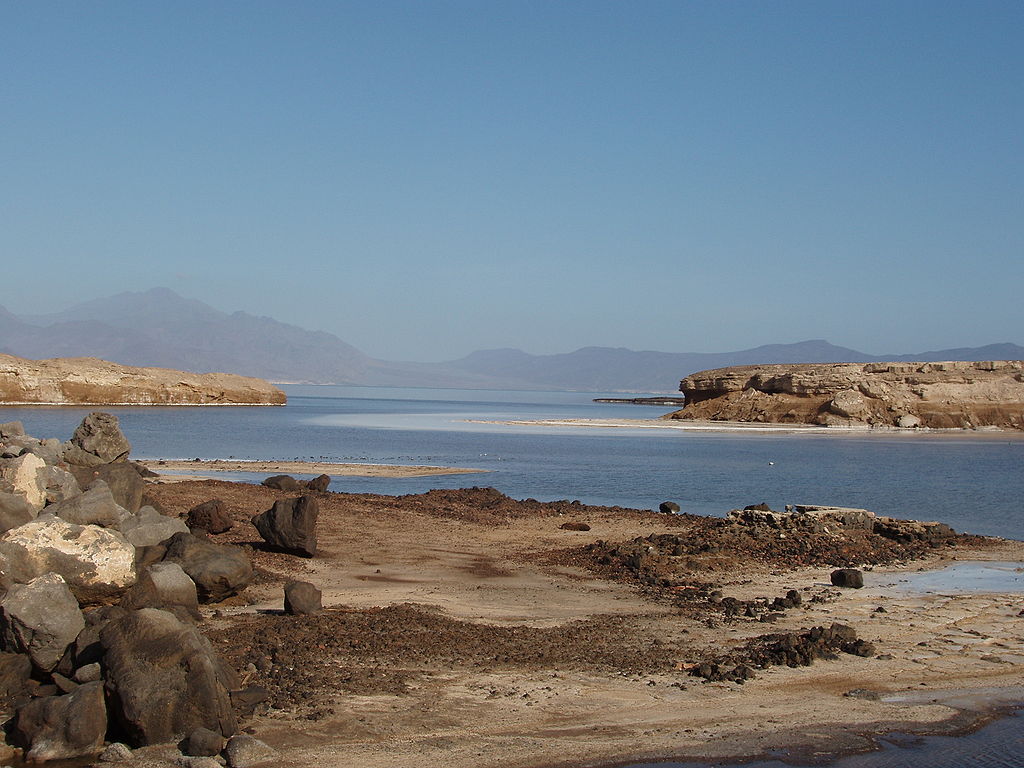Djibouti establishes ambitious geothermal development program

The government of Djibouti makes geothermal a key priority as part of a larger national energy strategy, highlighting the benefits geothermal would bring to securing the energy supply but also decrease the cost of electricity in the country.
If Djibouti wants to nourish the dream of one day utilizing geothermal energy for power generation, it needs to overcome challenges faced by early efforts that failed for technological reasons but also financial constraints.
Earlier tests had confirmed that the country has geothermal resources that it could utilize.
In order to fulfill the dream, geothermal energy has to become the number one priority of Djibouti’s energy development program, so its head of state Ismaail Omar Guelleh stated earlier this month. He urged members of the government to pool all local and relevant means to mobilize for geothermal exploration and development of geothermal energy projects throughout the territory of Djibouti.
In his recent speach, President Guelleh also announced the establishment of an institutional framework that will support the research, studies, exploration and development of this natural resource.
This constitutes a major project whose outcome will be to create a favorable business climate and environment for foreign investment.
Another larger driver in this reawakened interest is the need to reduce the cost of electricity for the population meeting demand of the urban and rural population, current and future drivers of the Djibouti economy.
Today, energy remains the main obstacle facing development and the basic needs of the country’s population, but also economic development. Djibouti still depends entirely on imports for fueling its energy demand.
Since 2011, the country imports electricity from Ethiopia but also imports oil for a diesel-fueled power plant. This results in a complete dependence on foreign sources of energy and a supply of electricity at very high prices, affecting both businesses and consumers. Further the current electricity supply is insufficient to fuel the demand by the population and supporting economic growth.
Therefore it is crucial for the country to move towards the development of geothermal energy, a natural resource available within the borders of Djibouti.
“Because of significant geothermal potential in our country, which is estimated at around 1,000 MW, we will accelerate with development partners and private sector, the implementation of the comprehensive program of development and operation of geothermal particularly in areas Assal Lake Abbe, Hanle-Gagadé, “said Ali Yacoub Mahamoud, the country’s Minister of Energy, responsible for Natural Resources.
Reported here earlier, the World Bank has awarded the country $6 million in research funding for geothermal energy development in Fiale. A geothermal power plant could decrease the cost of electricity in the country by 10 cents per kWh. Currently the electricity price stands at 24 cents per kWh.
Replacing current electricity supply by geothermal would allow the national utility Electricite de Djibouti (EDD) to save $57 million annually. As the company is public, these savings will significantly reduce the financial burden posed by the current energy production in the state budget of Djibouti.
Furthermore it would also have a positive impact on the environment, since it will offset the carbon footprint of Djibouti up to eight million tonnes of emissions CO2 for the life cycle of 30 years.
However, the main beneficiaries will be the people of Djibouti. They will be benefiting from lower electricity bills, as will small businesses as it not only would decrease the price of electricity, but also increase electricity available to the market. This could help develop the private sector, drive economic growth and create jobs.
A concise geothermal development program will also encourage foreign investment, which is crucial to economic development.
But there is another aspect, highlighted by the government and this is the acquisition of skills and technical knowledge by institutions and government agencies in Djibouti, e.g. ESD, the Department of Energy and the study and research center Djibouti (CERD).
Djibouti could develop necessary technical and research capabilities it currentlly lacks, which could also help to the development of other prospective geothermal sites, such as North-Goubet.
Beside the World Bank, several donors have partnered with the country to support the project of the government, including the French Development Agency (AFD) and African Development Bank (ADB), joined by the Fund for Sustainable Energy in Africa ( SEFA), the Programme of Assistance Management (ESMAP), the Global Environment Facility (GEF) and the OPEC Fund for International Development (OFID).
The government will though also look at other energy sources such as wind and solar in the near future.
“All these efforts by the government are set up for the sole purpose of significantly increase the available supply of power at a lower cost for our population. All of these projects are fully aligned to the national strategy which aims to promote green energy, especially geothermal, to make our country the first African country operator and producer of 100% green energy “, said the Djiboutian Minister of Energy, Ali Yacoub Mahamoud.
Source: People Daily French